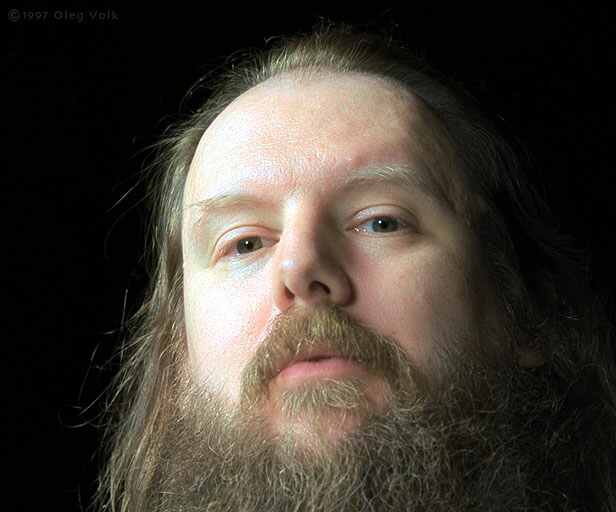
|
| Personal background |
|---|
| I'm 54 years old, a software developer by profession and a science fiction fan, photographer, and web hobbyist the rest of the time. |
| Thoughts about SETI and SETI@home |
|---|
We're not alone; it's statistically essentially impossible. The universe is simply too big and too old for us to be the only ones.
So, if other life seems so ineviteble, why haven't we noticed it?
The possibilities break down into two classes; one in which faster-than-light travel is possible, one where it is not.
If FTL travel is possible, then maybe somebody comes around and shuts down everybody who transmits. Thus, SETI won't find anything much, and they'll be along for us soon enough.
If FTL travel isn't possible, then maybe species move past the high-power transmission stage fairly quickly. You'll notice that we no longer have many nation-spanning broadcast radio stations, and that cell-phones today broadcast at lower power than the pre-cellular (and very expensive) car phones. So we'll have to pick up much fainter signals, or else intentional beacons, to find them.
Or maybe all intelligent species engineer themselves an ecological catastrophe and drop back to pre-technical levels before they transmit for very long. That unfortunately doesn't seem all that unlikely.
It's too early for us to try our own beacon. Listening is a better choice right now.
I run SETI to help out, and of course in hopes that I'll find The Signal. If I do, I'm going to get a t-shirt made saying "I discovered the first signal from an extra-terrestrial civilization, and all I got was this lousy t-shirt". (with apologies to everybody running the rest of the project so my computer can make that discovery). |
| Your feedback on this profile |
|---|
| Recommend this profile for User of the Day: |
I like this profile |
| Alert administrators to an offensive profile: |
I do not like this profile |
|
|

